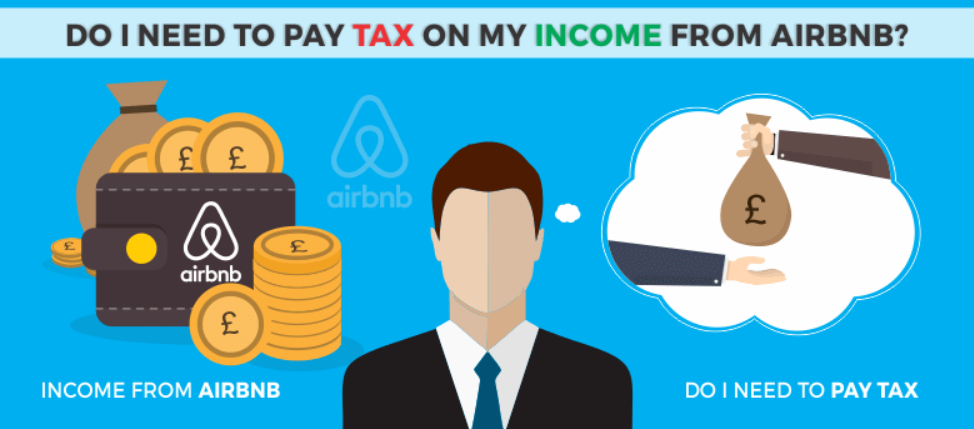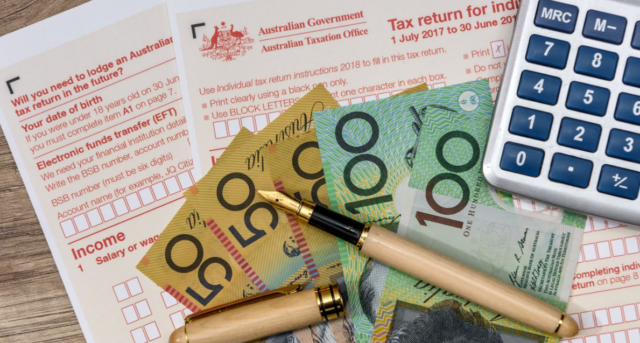Recent years have seen a significant increase in Airbnb hosting around Australia. For many homeowners, it’s a great way to supplement their incomes.
Aside from investing in comprehensive Airbnb home insurance, it’s important to educate yourself on the various tax laws that apply to Airbnb hosting. The good news is Airbnb tax isn’t all doom and gloom!
The Reality of Taxes and Your Airbnb Business
Renting out a spare room or two is an excellent way to earn additional income without the financial commitment of setting up a certified bed & breakfast. Alternatively, it’s also the ideal way to lease out a second or holiday home that stands empty for a considerable amount of time during the year.
But is it as simple as listing a home and reaping the rewards? Have you given any consideration to the tax implications? Our experts have listed a few tips that every new Airbnb host will find useful.
1. Are You Liable for Paying Tax on Your Airbnb Income?

Airbnb hosting is essentially renting. According to Australian law, any income generated from any type of property rent is classed as assessable income. In this instance, it must be disclosed on your tax return. It’s essential to maintain accurate and up-to-date records for this purpose.
2. How Much Money Should You Expect to Pay for Your Airbnb?
The amount you’ll need to set aside for tax depends on the amount you earn. On average, experts suggest you might need to save anything from 30 – 40% of the total earnings. A certified tax agent will be able to help you calculate the correct amount.
3. Should You Register for or Pay GST?
Some positive news in your favour is that you, as an Airbnb host, won’t be liable for GST (Goods and Services Tax). While the GST threshold is generally $75,000, you still won’t be liable if you exceed this amount.
4. How Does an Airbnb Affect your Capital Gains?

Since you’re not liable for the GST, it usually means you can’t claim any GST credits that go along with associated costs. As your main place of residence is regarded as a personal asset, it would ordinarily exempt you from Capital Gains Tax (CGT).
It’s important to note though, this exemption could change if you list part of your home for rent on any sharing platform, such as Airbnb. It’s crucial to use the capital gains tax property exemption tool offered by the Australian Taxation Office (ATO)
5. Is it Possible to Pay Your Airbnb Tax in Instalments?
If you’re stressed about having to pay a huge amount all at once when it’s tax season, the best option would be to use Australia’s pay-as-you-go (PAYG) income tax instalment system.
As the name implies, this function allows you to pay tax instalments every three months. You must however be earning $4,000 per year on the rental fees alone. The good news is, if you accidentally pay too much, you’ll get a refund at the end of the financial year. Any money paid short will earn you a reduced bill. It’s still a better option than getting a huge invoice!
6. Airbnb Expenses that Can be Claimed as Tax Deductions
Airbnb hosts will be glad to know that there are a few relatable expenses that you can claim on:
- Commercial cleaning for the rented space
- General repairs and maintenance costs
- Depreciation of furniture used in the space, such as beds, tables, lounge suites and kitchen appliances
- Professional photography costs associated with your Airbnb listing
Be sure to keep on file all invoices and receipts for any work done around the property. As an added measure, consider scanning documents to have a digital record.
Simplify Your Airbnb Tax Process

Our experts have also compiled a few tips to start your research process. Some of these are listed below:
- Consult with an accountant before becoming a host. Know what you’re letting yourself in for. Be sure to find out what expenses you need to declare as well as the ones you are entitled to.
- Consider getting your property evaluated on the day you start renting your premises. This will be necessary to calculate your CGT especially if the space you’re renting out is the one you also live in.
- Keep detailed records of all the income and expenses associated with the rental space. These will be needed to prove claims. During an audit or query, the ATO might require these documents. Where possible, have the receipts or invoices as detailed as possible.
- Don’t try and hide your Airbnb income. Underclaiming or hiding rental income can have dire consequences in the form of penalties and fines.
Final Thought
Turning your Airbnb into a side business is a great way to earn extra income. To reap the benefits though, it’s essential to abide by the tax laws surrounding this venture. You don’t want to pay hard earned cash on fines!
We advise that you do the necessary research about the tax implications of having your own Airbnb. Setting up a dedicated account for the tax will ensure that you’ll be sorted when tax season rolls around!



